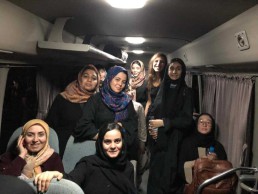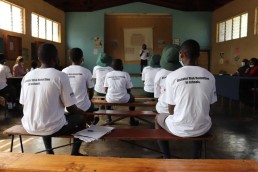Children in Humanitarian Crisis
When the Taliban took Kabul in Afghanistan in August 2021, we could not leave our project partners and their families to suffer. They were highly vulnerable and were forced to go into hiding or flee to neighbouring countries because the Taliban do not tolerate their commitments to socially empower women.
Once the limitations of the evacuations by NATO and the international community became clear, together with organisations such as Airlift Afghanistan, we put pressure on governments to fulfil their obligation to protect workers under international law. This included ensuring a resettlement programme for vulnerable local partners. With strong collaborative networks, we succeeded in bringing 23 project partners and 45 family members to safety in Germany. As a result, they did not have to go through the asylum procedure and received a humanitarian residence permit.

2. Zimbabwe
| Education in Emergencies | Terre des Hommes Italy

In 2021, our Education and Emergencies project benefitted more than 25,000 children and 1,000 adults. Thanks to the renovation of the schools in Zimbabwe affected by Cyclone Idai in 2019, buildings have been made safer and more accessible to pupils, particularly those with disabilities. Teachers also received training for better managing teaching during emergencies to reduce risks for pupils. Disaster Risk Reduction (DRR) clubs were set up at schools and at the community level, where weather stations have been installed, instructing teachers and students in observing changing conditions to avoid disaster risks and mitigate damage.
Students Jacqueline and Britta, urge their peers to become climate activists, saying, “We want to help our communities and save people’s lives, which is more important than anything else.” Additionally, a user-friendly customisation App (3map) for hazard mapping has been specifically designed to use in difficult environments. The app enables participatory data collection and assessment of environmental risks at the local level. And tablets were provided to schools allowing pupils to play a key role in collecting data and uploading it to the app.
